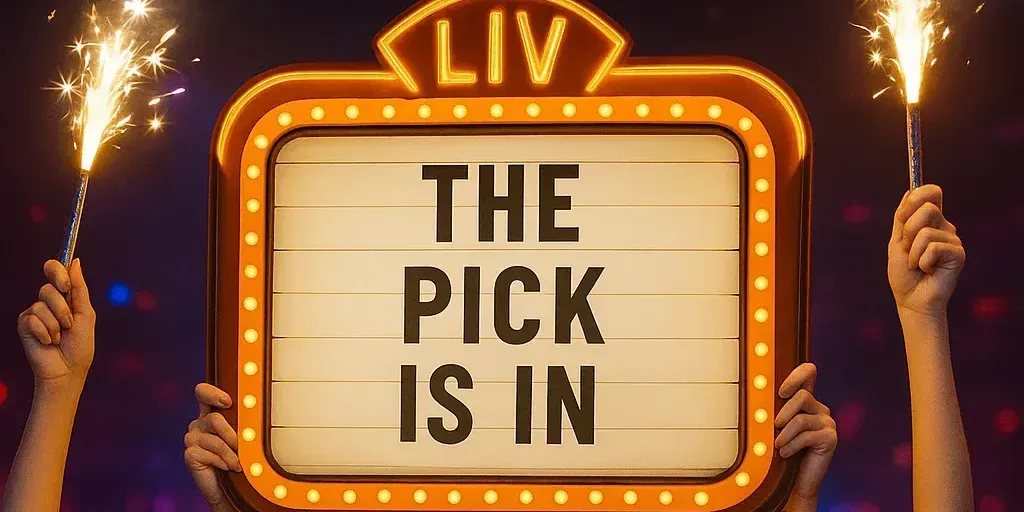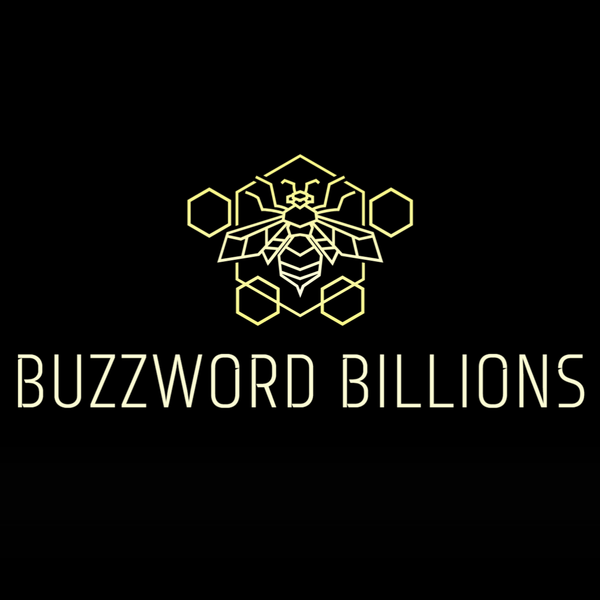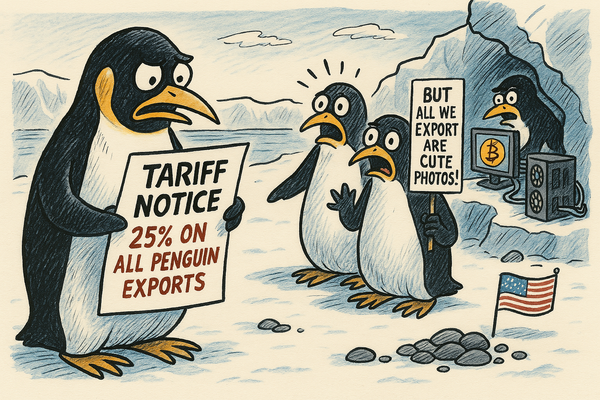NFL Draft Goes On-Chain: Blockchain Fumble as Hackers Front-Run First Round Picks

In what executives are calling "the future of sports talent acquisition," the NFL announced today that its entire draft process will move to the BASE blockchain network under the guidance of crypto evangelist Jesse Pollak. The partnership promises to "revolutionize transparency" and "democratize access to player acquisition" while "leveraging immutable distributed ledger technology to ensure draft integrity."
Las Vegas Raiders executive Al Davis Jr. expressed particular enthusiasm: "We're proud to be partnering with BASE because it has some of the fastest transaction speeds in the industry. Speed has always been our primary metric for success, whether it's players or blockchains."
How It Works (In Theory)
According to the NFL's 110-page technical whitepaper that nobody read, each college prospect will be "tokenized" as an ERC-721 NFT on the BASE network, with teams receiving timed permission to "mint" their selection when they're on the clock. Once minted, the player-token transfers automatically to the team's institutional wallet, creating what Pollak describes as "an unbreakable cryptographic bond between athlete and franchise leveraging multi-signature attestation primitives."
"This is genuinely the most important advancement in sports since the invention of the forward pass," explained Pollak at the press conference, wearing a t-shirt reading 'TOKENIZE EVERYTHING' while frantically refreshing his portfolio app. "Teams can now securely draft players without fear of tampering, fans can participate in the ecosystem through fractional ownership of practice squad players, and athletes gain unprecedented sovereignty through smart contract integration via non-custodial soulbound token attestations with interoperable composability."
The system also introduces "Draft-Fi" opportunities, allowing fans to stake tokens on player performance and participate in "Rookie Yield Farming" whatever that means. League Commissioner Roger Goodell, squinting at a teleprompter, assured reporters this would "enhance fan engagement" while carefully avoiding any questions about whether he knows what a blockchain actually is.
Miami Dolphins head coach Mike McDaniel, who has fully embraced Miami's crypto bro culture, announced their picks will be revealed live from E11EVEN nightclub. "We're disrupting the traditional draft paradigm with a totally immersive Web3 activation experience," McDaniel said, adjusting his Bored Ape Yacht Club snapback. "Each selection will be presented by bottle service girls holding sprinklers, Mikey D champagne, and a lit NFT display with the player's tokenized digital identity. It's the perfect synergy of football, and finance"
Reality Intercepts the Hype
With the Draft Generation Event (DGE) just hours away, the blockchain ecosystem surrounding it has already descended into chaos. Security expert zachxbt identified suspicious transaction activity suggesting that a hacking collective linked to the notorious Lazarus Group has already front-run the draft process.
"We're seeing evidence that Travis Hunter, Shedeur Sanders, and at least six other top prospects have already been minted as tokens by addresses connected to known hackers," zachxbt tweeted. "Someone exploited a vulnerability in the smart contract's ERC-6551 binding mechanism. The entire first round appears to be compromised."
The situation worsened when popular streamer CryptoMoonGirl “accidentally” tweeted the wrong contract address during a live Spaces event, causing thousands of fans to mint worthless tokens from a fake draft contract. Analytics show CrytpoMoonGirl and their friends owned 80% of the fake contract and somehow managed to get out early enough to make millions. Popular “totally not a gambling site” Polymarket now shows 56% odds that someone will be arrested for insider trading related to the draft tokens before the event concludes.
NFL teams were thrown into chaos as their multi-million dollar draft preparation became instantly worthless. The Detroit Lions' general manager was reportedly seen throwing a Microsoft Surface tablet into a water cooler after discovering their targeted quarterback had been "tokenized out from under them."
Meanwhile, technical issues plagued team war rooms nationwide. The Dallas Cowboys seemingly spent all the money in their draft wallet on buying a CryptoPunk. The New England Patriots, attempting to be characteristically clever, tried executing a complex series of flash loans to acquire additional draft picks, only to lose their entire selection allocation to slippage and sandwich attacks. All of this has led to the Lazarus Group controlling 8 of the top 10 players and owning 18 picks in the first half of the draft. Draft expert Mel Kiper enthusiastically added that “this is the first time since I’ve been following the draft that an independent nation controls this much draft capital”. No comment from North Korea on their upcoming plans for the draft or if they intend to trade away their picks for grain and tariff relief.
"This is the future of sports," insisted Pollak as teams scrambled to understand why their draft tokens suddenly cost 450% more in gas fees than projected. "There's always going to be a learning curve with transformative technology. Remember, we're still early."
Fan Experience Not Exactly Enhanced
Fans attempting to participate in the "interactive blockchain draft experience" encountered 4-step verification processes with region locks, wallet connectivity issues, and inexplicable transaction failures when signing. The NFL's Discord server crashed within minutes of opening, while the dedicated draft app showed most players as blank rectangles with loading animations.
"I've been waiting three hours for my transaction to confirm just so I can add myself to my team's waitlist," said Buffalo Bills fan Derek Winters, who spent more on gas fees than his season ticket deposit. "My transaction is pending with a 423 GWEI priority fee, and I've already paid enough in failed transactions to buy a beer at the stadium."
While most player tokens are trading below their initial listing price on decentralized exchanges, a memecoin called $QUADZILLA based on Ashton Jeanty's nickname has inexplicably surged 400% in value. The token features no utility beyond a cool dragon mascot and claims to offer "cross-chain interoperability with future athletic performance metrics."
Several prospects reported they couldn't access their own tokens due to seed phrase confusion. Alabama's top linebacker accidentally transferred his draft rights to what appears to be a wallet belonging to an Ethereum mining operation in Kazakhstan. Three different players have been rug-pulled by what they thought were officially endorsed liquidity pools.
The Aftermath
As zachxbt continues investigating the security breach, teams have been instructed to proceed with an emergency "off-chain" contingency process, otherwise known as "calling names from a podium" – the revolutionary method used successfully since 1936. If needed, the NFL is willing to bring back helmet phones.
Pollak remained optimistic despite the chaos: "This is exactly why we need to move more things on-chain, not fewer. Next year we'll tokenize the footballs too. And maybe the end zones. Honestly, what can't be improved with tokenization?"
The Jacksonville Jaguars, meanwhile, somehow early minted the same punter seven times, making history as the first team to use their entire draft on duplicate selections of the same player – though experts note this still represents an improvement over several of their previous draft strategies.





